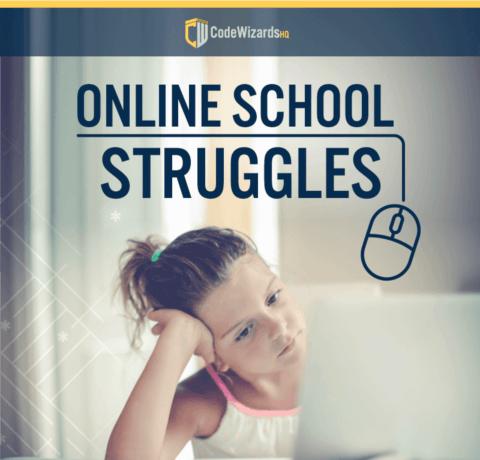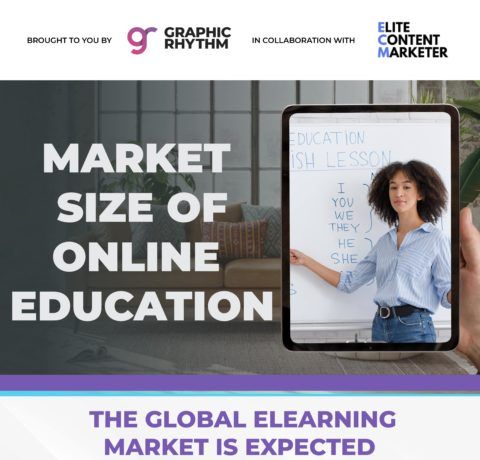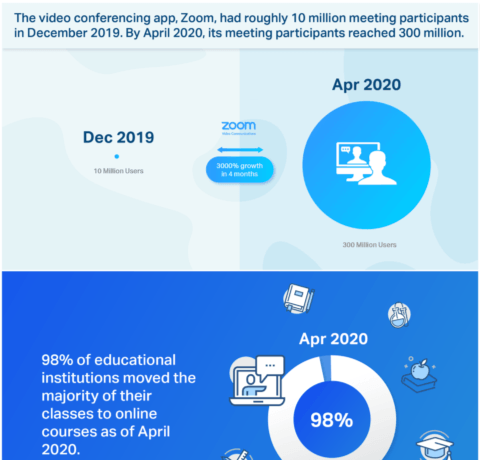How to Get a Free Education Infographic
In the 2011-2012 school year, the average cost for full-time, in-state public tuition was roughly $15,000. This includes tuition, fees, books, and housing. For those who can’t afford a university education, or those who simply want to continue to learn, the cost is just too high. There are plenty of ways to continue your education… Without the price tag. The How to Get a Free Education Infographic takes a look at alternative ways to become educated for free.
Use Open, Online Courses
- Open CourseWare: OCWs are teacher-oriented courses, offered for free on many different platforms.
- Massive Open Online Courses (MOOCs): Similar to OCWs, MOOCs are student-oriented and are offered by universities as online versions of their classes.
Examples of Open Course Platforms
- Community includes over 7.5 million registered students
- Offers over 650 courses
- Partnered with 109 universities and organizations
- Includes over 150 courses in a variety of different subjects.
- Founded by MIT and Harvard in 2012.
- Over 100,000 certificates have been earned by edX students
- The site offers over 5,000 instructional videos on a wide range of topics.
- 10 million unique visitors every month
- Bill Gates has said that he uses Khan Academy to teach his kids math.
- Both MOOCs and OCWs are collections of high-quality, curated materials.
- Over 1 billion content downloads
- Approximately 1,200 universities and 1,200 K-12 schools host content
- Over 2,500 public courses exist
- Schools can also post courses available exclusively to their own students.
- Students on iTunes U can access video and audio lectures as well as class notes, reading material and supplementary resources from their computers or Apple devices.
- 30% of iTunes U traffic is from mobile users
- Heavy course contributors include MIT, Oxford, Yale and Stanford.
- YouTube EDU is a resource collects much of Youtube’s educational content and puts them in one convenient place.
- Lectures, lessons, and speeches are available in convenient categories ranging from math, to history, to education.
- Contributors include TEDTalks, the Smithsonian and a number of universities.







You can adjust your cookie preferences here.